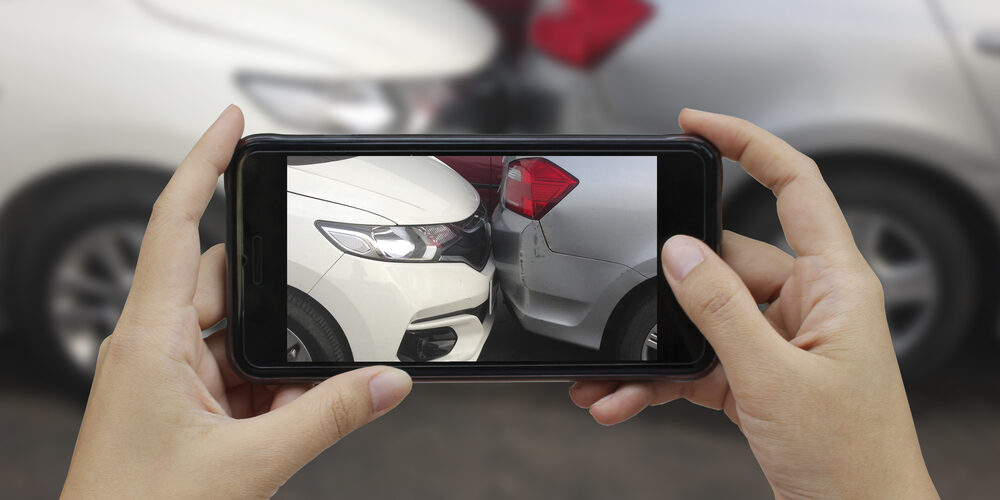1. The bigger the car, the higher the premium
What do you see on the roads nowadays? A ton of huge SUVs and trucks. And while having such a vehicle may seem like it’d be safe, that doesn’t mean insurance will be cheaper. In fact, larger, newer, and more expensive SUVs and trucks can come with higher insurance premiums, even if they give you that secure feeling of riding around in a tank.
Unless you truly need something so big, you may want to consider a smaller commuter car that’ll not only cost less to insure, but it’ll also save you on gas. And speaking of gas, buying a vehicle that uses alternative fuel or a hybrid can lead to insurance savings. You can get a five percent discount this way through Farmers, for example.
STOP!
Do you need a financial reset? If you owe more than $10,000 here is a debt relief resource available to help you today.
2. Your agent may have secrets.
You may be so excited about your new car that you’ll want to rush through the process of getting insurance to cover it. If this happens, you may miss out on some relatively unknown discounts that could lead to significant savings. In short, don’t trust that your insurance agent will automatically do everything in their power to get you the lowest premium. Ask them what discounts are out there so you can maximize your savings.
If you’re unsure of how to proceed here, have a look at these questions you can ask your agent:
- Do you have any discounts for military service? (If you’ve served)
- Do you have any discounts for members of ____? (If you’re a member of a special group or organization)
- Do you offer discounts for e-bills or electronic documents? (Versus the old fashioned paper format)
- Can I get a discount if I pay my premium upfront? (If you can pay your six months or a full year of premiums at the moment)
3. Competition works in your favor.
There’s no need to take insurance from the first company you contact. With the Internet at your disposal, you can shop around with ease in a matter of minutes or even seconds. And since there’s so much competition, skipping this part of the process could be your biggest mistake.
While price is probably important, don’t let the cheapest offer sway you without doing a bit of research. You want your insurance company to have solid ratings since you may have to work with them closely in the case of an accident.
4. Your car may not be worth it.
If you’re low on funds and buy a used car that’s extremely old with little value, you may not need certain coverage. In fact, paying for collision or comprehensive coverage may not make any sense at all.
Why? Because the cost of the coverage could outweigh the value of the car. And if you total the car in an accident by the insurance company’s standards, that money spent on unnecessary premiums could have gone down the drain.
5. Place an importance on security.
If you’re choosing between a car that’s loaded with anti-theft devices and one that has no such security features, the former may be your best bet when it comes to insurance.
It’s no secret that insurance companies offer discounts for anti-theft devices, and some of these rebates can be quite high.
You can slash your premium by 25 percent if you have an anti-theft device and choose GEICO for your insurance needs, for example.
6. Paying as you go may be your best bet.
If you’re buying a car for occasional use and don’t plan on driving a lot of miles, pay-as-you-go insurance may be your best option for savings. With this type of insurance, a device will be installed in your car to track your mileage, driving habits, and when you drive.
Such tracking may seem intrusive, but it can lead to much cheaper insurance. Some examples of pay-as-you-go coverage include State Farm’s Safe & Save and Progressive’s Snapshot.





